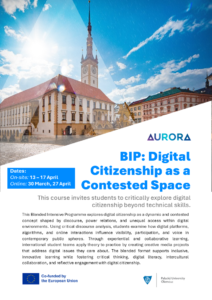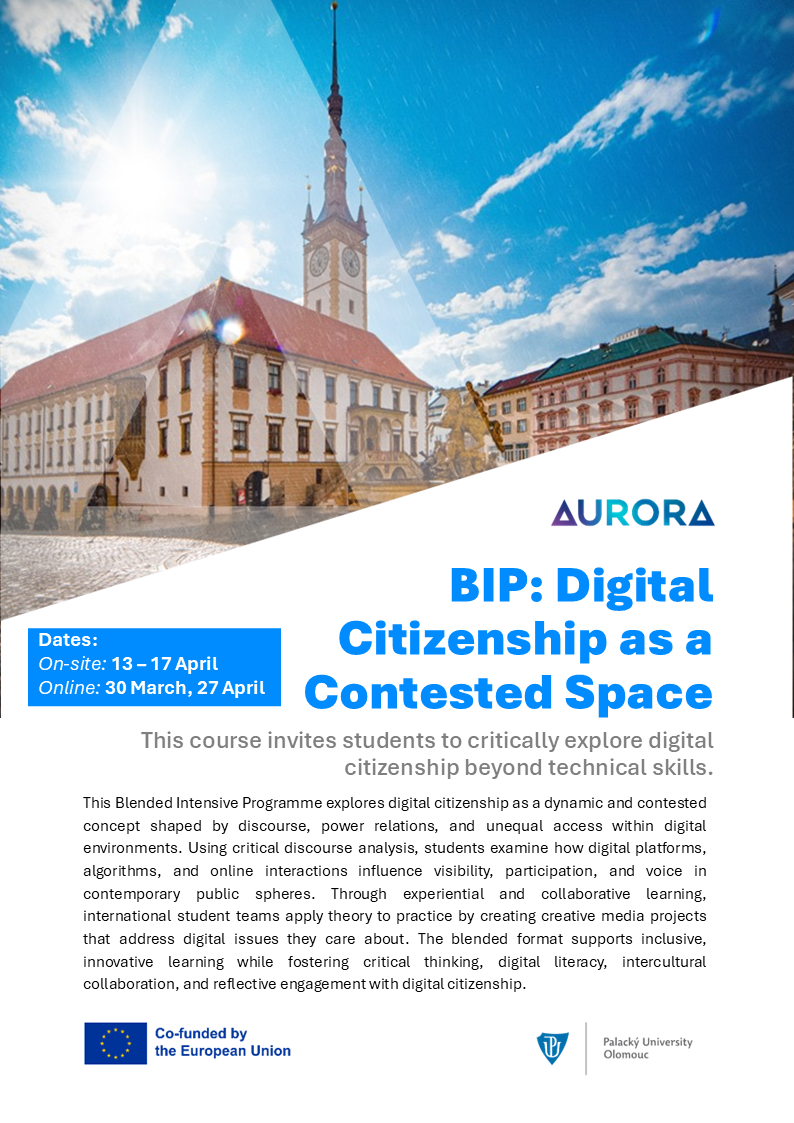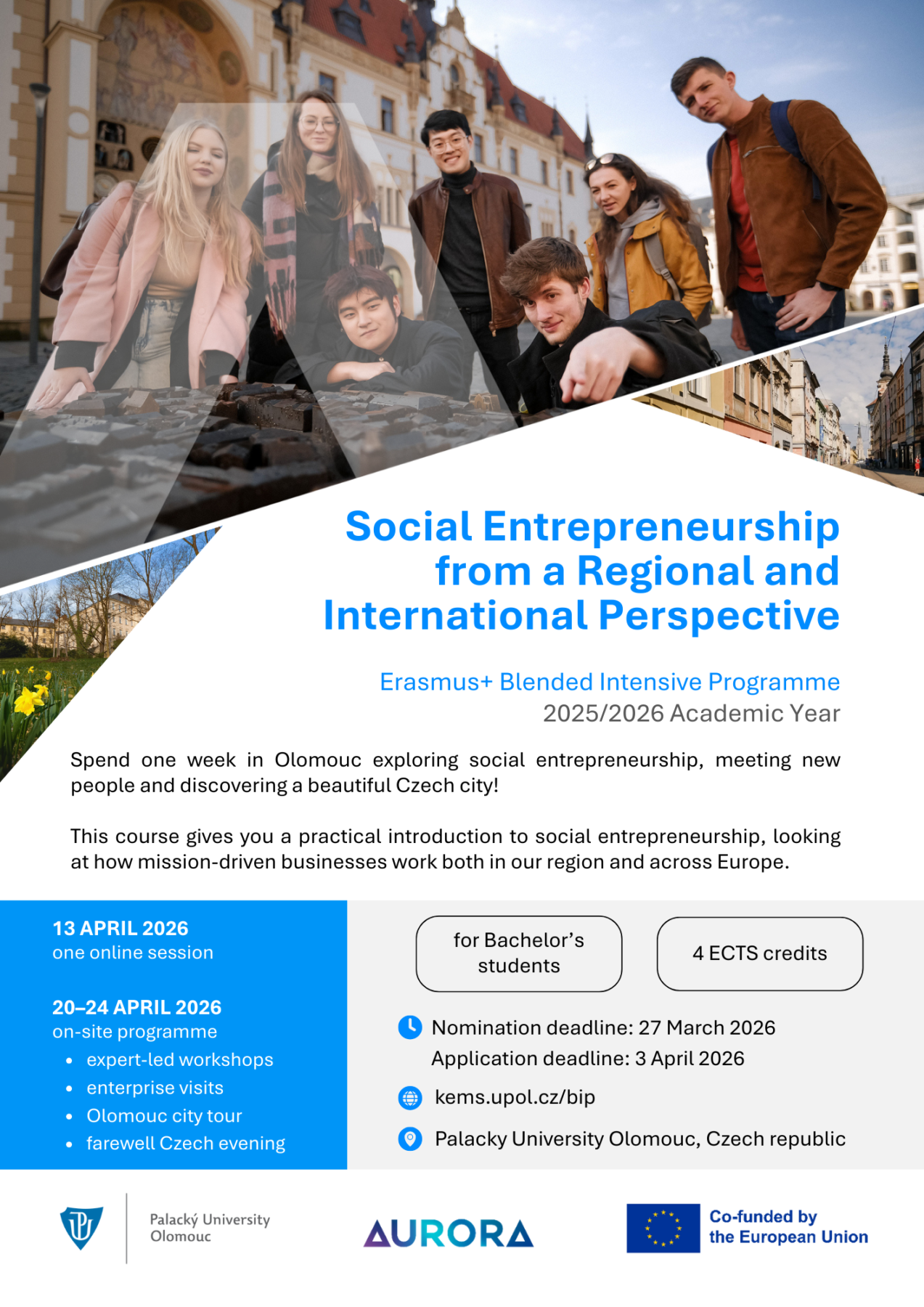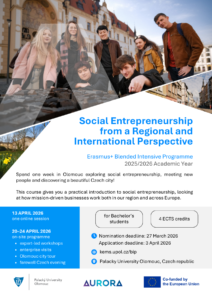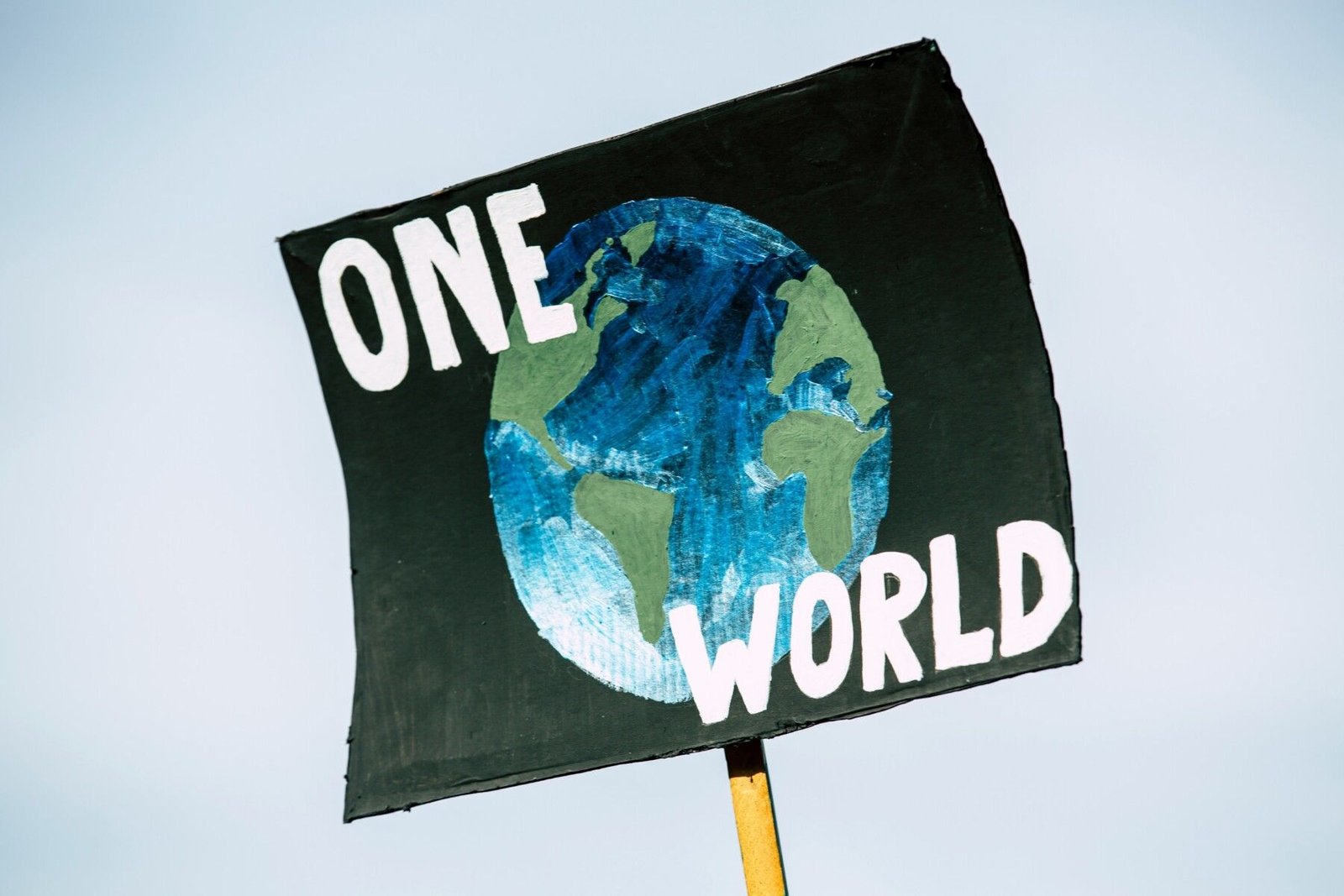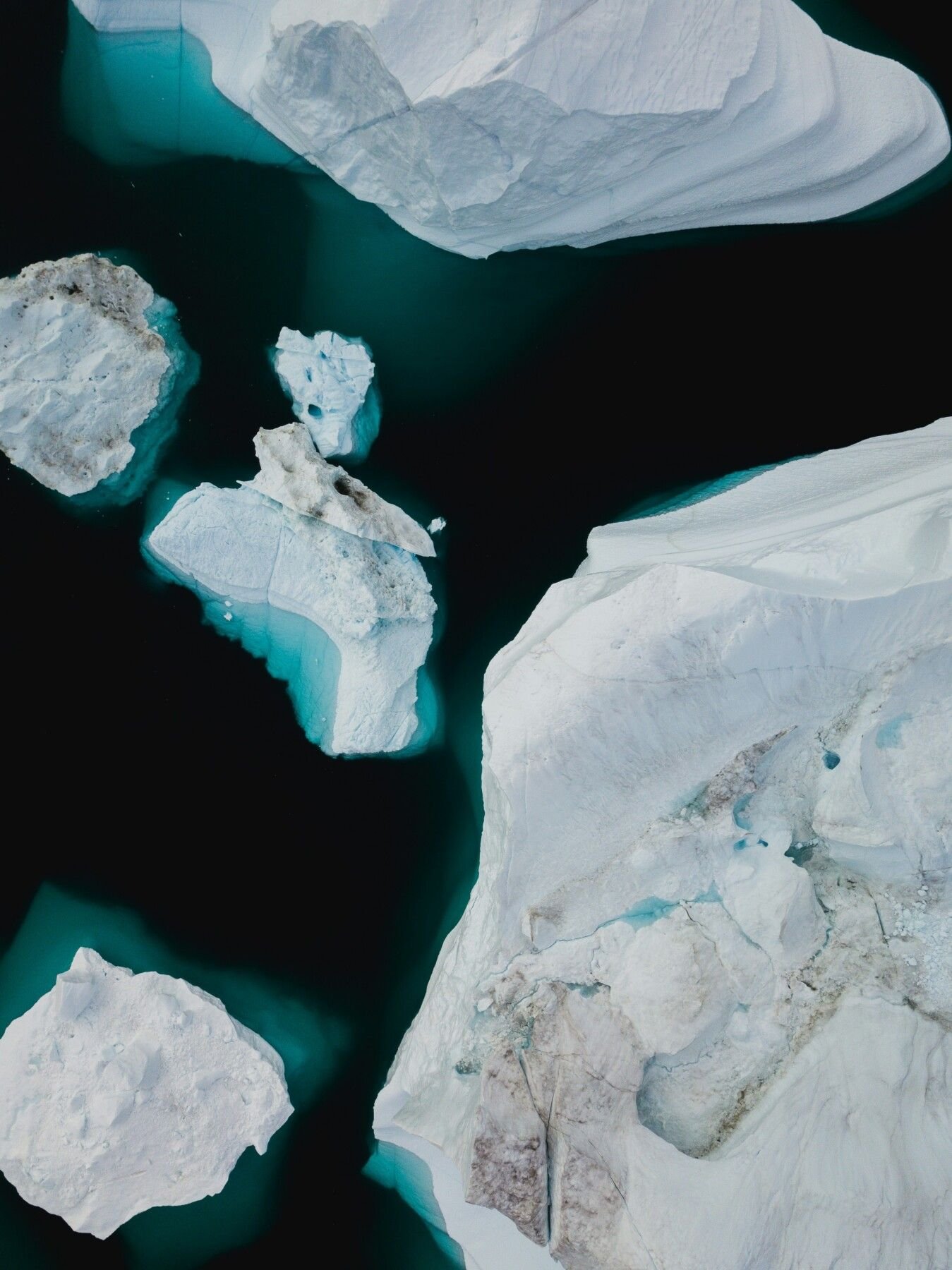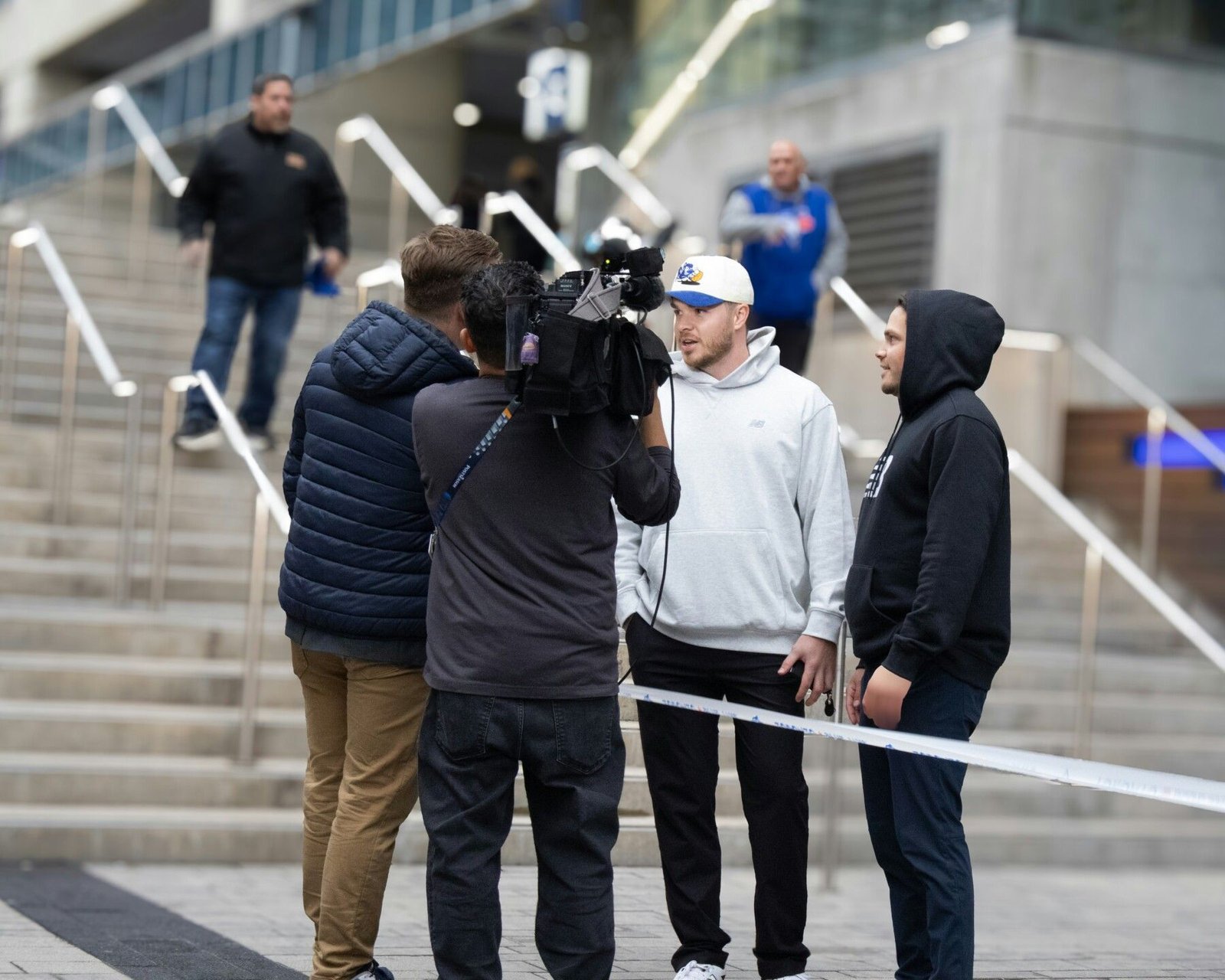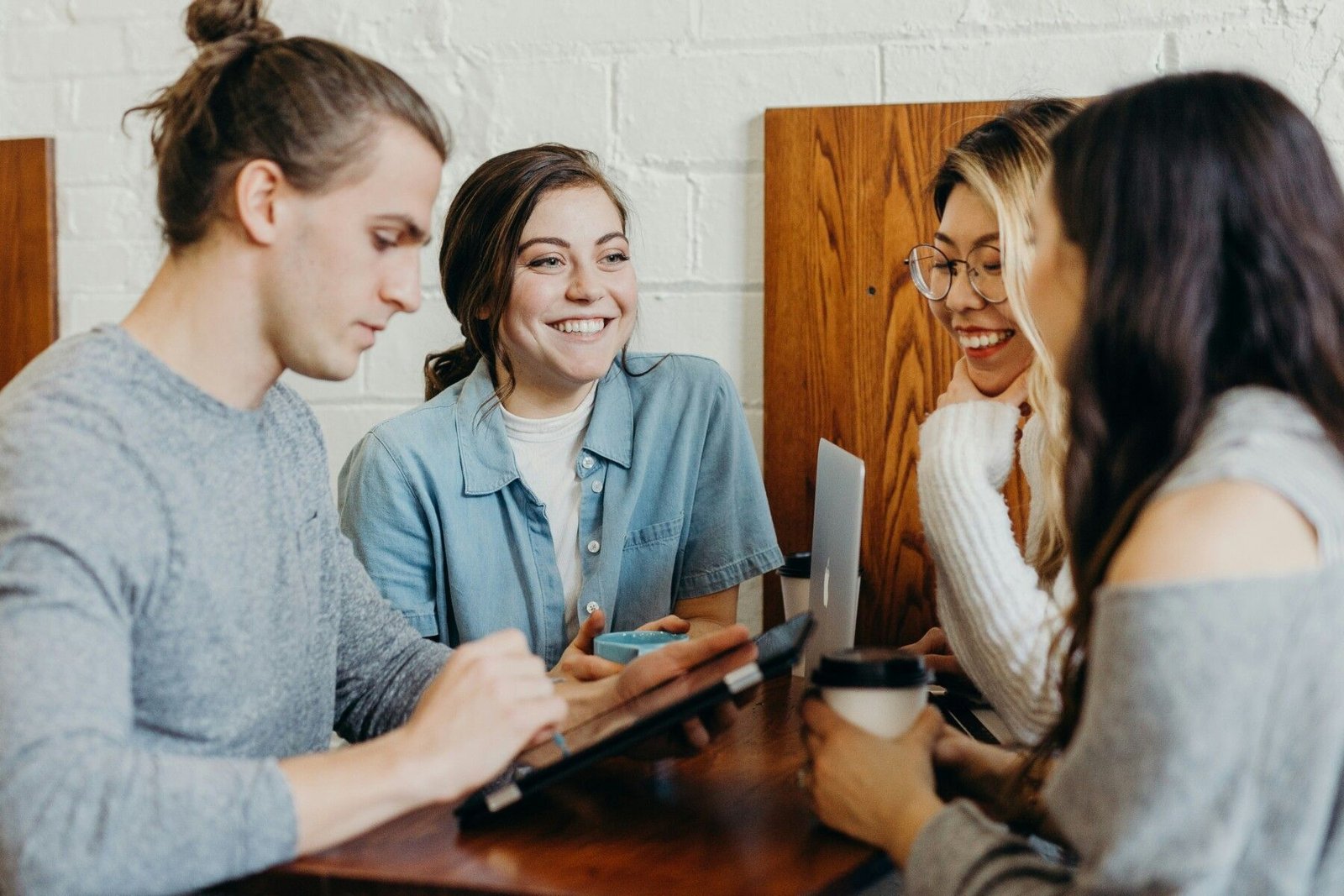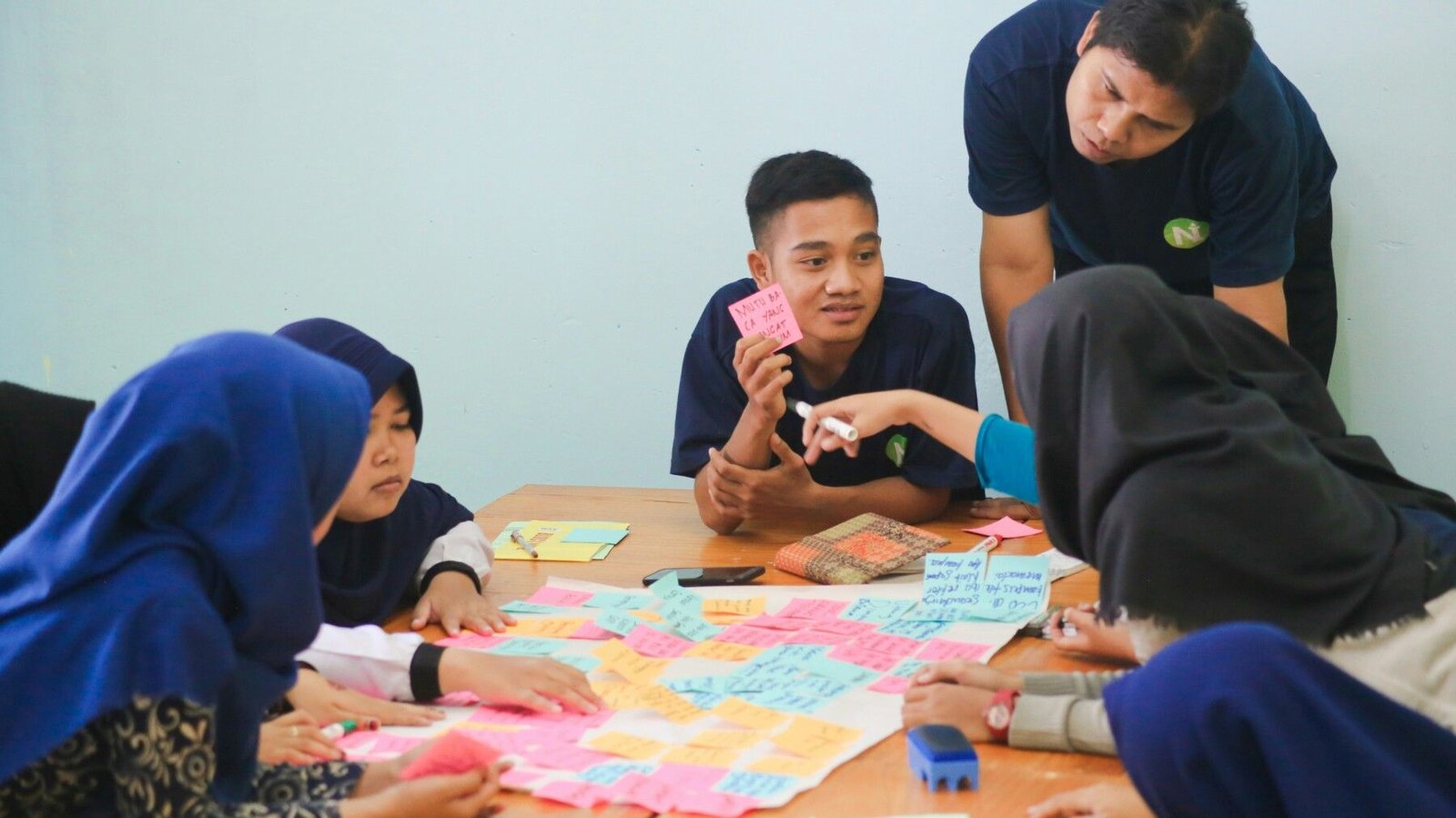BIP – Digital Citizenship as a Contested Space
This Blended Intensive Programme explores digital citizenship as a dynamic and contested concept shaped by discourse, power relations, and unequal access within digital environments. Using critical discourse analysis, students examine how digital platforms, algorithms, and online interactions influence visibility, participation, and voice in contemporary public spheres. Through experiential and collaborative learning, international student teams apply theory to practice by creating creative media projects that address digital issues they care about. The blended format supports inclusive, innovative learning while fostering critical thinking, digital literacy, intercultural collaboration, and reflective engagement with digital citizenship.
Programme structure & dates
Online Session 1
- Date: 30 March 2026
- Introductory meeting, introduction of participants, schools, and basic instructions
In-Person Programme (on site in Olomouc)
- Dates: 13–17 April 2026
- Location: Palacký University Olomouc
- Five intensive days combining:
- expert-led lectures and case studies, guided group discussions and teamwork,
- We will publish a detailed programme timetable closer to the start of the course.
How to Apply
- Check eligibility
- Make sure your home university is a partner of Palacký University Olomouc and can nominate you for this BIP.
- The course is to students from all study cycles.
- Nomination by your home university
- Your Erasmus / international coordinator nominates you for the BIP by sending your name and e-mail address (and those of other nominated students) to marta.zachova@upol.cz.
- Nomination deadline: 13 March 2026
-
After nomination, you will receive information on how to apply (application form / link).
